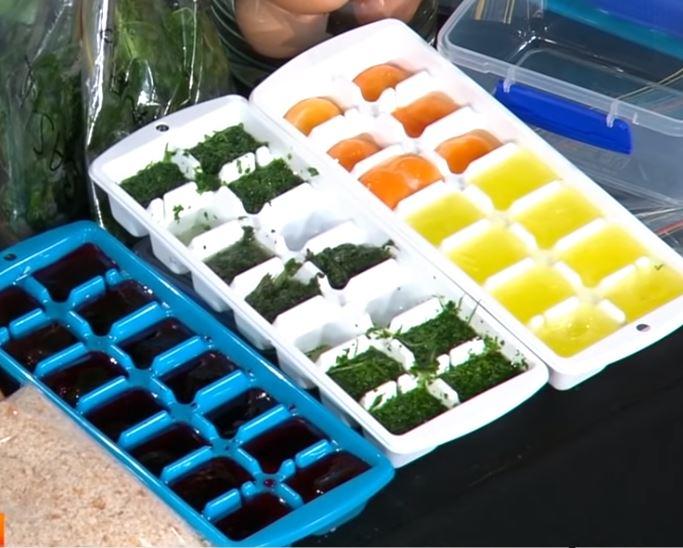Did you know that about one third of all food produced globally is wasted each year? This staggering statistic translates to approximately 1.3 billion tonnes of food being thrown away annually, leading to significant costs for both our environment and our wallets. In a world where sustainable practices are essential, understanding how to utilize our freezers can be a game changer in combating food waste.
Many people are unsure about the best practices for freezing food. Which items can safely go in the freezer? How long can you keep foods frozen? Should you freeze them raw or cooked? These questions are common, and addressing them can help us all make better use of our food resources.
Dr. Joanna McMillan, a nutrition expert, recently shared insights on Australia's Today show, shedding light on some myths regarding freezing food. She emphasized that items like eggs and herbs are often overlooked as safe for freezing, and she encouraged us to utilize this preservation method more frequently. "Freezing is a really amazing way of preserving our food because you don’t have to use chemical preservatives," she said, pointing out that freezing is actually one of the oldest methods of food preservation.
Understanding Freezing and Food Safety
Freezing can help extend the life of various foods, but it's important to remember that it does not eliminate all bacteria. If food is already on the verge of spoiling, freezing may not be a solution. Therefore, adhering to food safety guidelines is crucial.
There are several straightforward guidelines to help you effectively reduce food waste, save money, and keep your food fresher for longer. Knowing what foods are freezer-friendly and which ones should be avoided can empower you to make better decisions in the kitchen.
Foods You Can Freeze
- Cooked pasta
- Cooked rice
- Nuts (be aware that they can go rancid)
- Flour (usable directly from the freezer)
- Butter
- Grated cheese
- Peeled bananas
- Bread (slices, loaves, or breadcrumbs)
- Herbs
- Stock
- Wine
- Cracked eggs in small containers
- Raw or cooked meat
Foods You Shouldn’t Freeze
- Milk (it may become lumpy after thawing)
- Deep-fried foods (the coating will lose its crispness)
- Sour cream (will separate after freezing)
- Dishes with crumb toppings (they will become soggy)
Best Practices for Freezing Food
To ensure that your frozen items maintain their quality, follow these essential tips:
- Allow food to reach room temperature before freezing.
- Use ice cube trays to freeze herbs blended with water or olive oil, which can be used later in cooking.
- Store everything in sealable containers or bags to maintain freshness.
- Wrap meat properly to prevent freezer burn.
It's important to note that foods with high water content, like lettuce, might not retain their texture after freezing. Aim to freeze items when they are as fresh as possible for the best results.
Freezing Duration Guidelines
As a general rule, foods should not be kept frozen for longer than nine months to a year, but the duration can vary by item. Here’s a guide on how long you can keep certain foods frozen:
- Poultry (whole): up to a year
- Steak: up to a year
- Blanched vegetables: up to a year
- Fruit in syrup: up to a year
- White fish: up to eight months
- Open packs of frozen fruit: up to eight months
- Unsalted butter: up to eight months
- Fruit juice: up to six months
- Meat (various types): up to six months
- Bread: up to six months
- Ice cream: up to four months
- Sliced bacon: up to three months
By utilizing your freezer wisely, you can not only simplify your meal prep but also contribute to reducing food waste and protecting our planet. So, let’s embrace the power of freezing and make informed choices in our kitchens!
 ```
```
Meet The Contestants Of Season 21 Of The Bachelorette Featuring Jenn Tran
Harry Kane Equals Jimmy Greaves' All-Time Record At Tottenham
Katie Boyle: A Multifaceted Talent And Icon Of The Eurovision Song Contest

:max_bytes(150000):strip_icc()/food-frozen-freezer-5d465f558e9d4fa3967fce5c50ce5669.jpg)
/frozenveggiesbelchonock-a8f2210d6f09465783e13a1f1528b2b6.jpg)